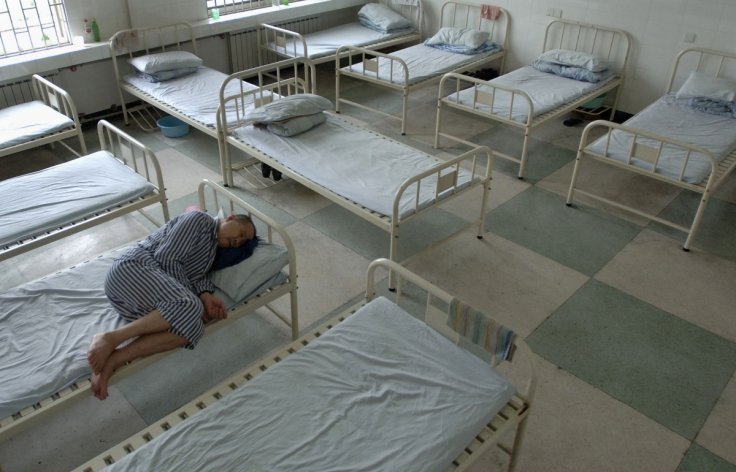
According to a new study by the University of Warwick, researchers have found the root of the problem which triggers symptoms of depression, such as reduced happiness and pleasure or negative memories.
The research team behind the study includes Professor Edmund Rolls, Professor Jianfeng Feng, Dr Wei Cheng from Warwick's Department of Computer Science and colleagues. They used a new method to measure the influence of one brain region on another, referred to as effective connectivity.
Professor Rolls said, "The new method allows the effect of one brain region on another to be measured in depression, in order to discover more about which brain systems make causal contributions to depression."
Earlier, a group of researchers from Rutgers University in New Jersey published a study, where they claimed that people who are more sensitive in nature and have an intention to help others usually display symptoms of depression. But now, according to Eurekalert, researchers had tried to use some extraordinary methods to understand the reason behind this disease.
For the study, the researchers enrolled 336 patients of major depression and 350 healthy individuals to compare, which showed that the regions of the brain, involved in reward and particular pleasure receives less drive in patients than other participants and that is a reason behind decreasing the feeling of happiness in depression.
The experimenters have also said that the brain areas involve punishments and responses when the patient doesn't receive a reward, which also had decreased effective connectivity and increased activity. According to researchers it also triggers the feeling of sadness in depression.
Even researchers have said that in those people with the disorder, memory-related areas had increased activity and connectivity, which provoked unpleasant memories in the brain.
However, while researchers are trying hard to understand the root of depression, there are some medical interventions, which usually help patients to fight against depression, which includes medication with psychotherapy.
Medication: (can be taken if prescribed by doctor)
- Selective serotonin reuptake inhibitors (SSRIs)
- Serotonin-norepinephrine reuptake inhibitor (SNRIs)
- Monoamine oxidase inhibitors (MAOIs)
- Tricyclic antidepressants
- Atypical antidepressants
Psychotherapy: According to the requirement of a patient's condition and the depression level, this therapy can help people.
- Adjust to a crisis or other current difficulty
- Identify negative beliefs and behaviours and replace them with healthy, positive ones
- Explore relationships and experiences, and develop positive interactions with others
- Find better ways to cope and solve problems
- Identify issues that contribute to your depression and change behaviours that make it worse
- Regain a sense of satisfaction and control in your life and help ease depression symptoms, such as hopelessness and anger
- Learn to set realistic goals for your life
- Develop the ability to tolerate and accept distress using healthier behaviours
Apart from medication and psychotherapy, there are other ways to treat depression. This includes Electroconvulsive therapy (ECT), is a process, where small electric currents are passed through the brain, intentionally triggering a brief seizure while the patient is under anaesthesia. ECT is only applicable for those patients who don't respond to medication.
Transcranial magnetic stimulation (TMS), a magnetic method used to stimulate small regions of the brain, is applicable for those patients who haven't responded to antidepressants.









